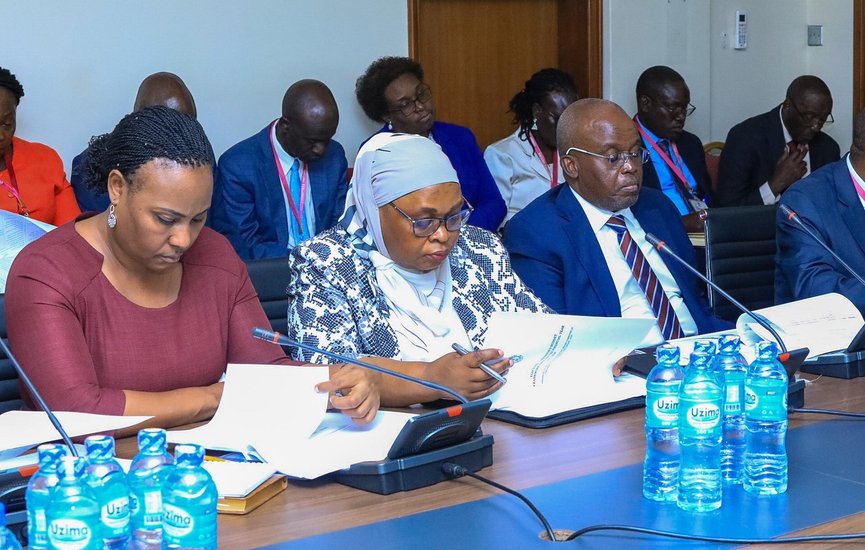Kampala, Uganda — The Electoral Commission (EC) has officially released the polling dates for Uganda’s 2026 General Elections, marking the start of the country’s long-awaited electoral calendar. According to the EC, Ugandans will cast their votes between January 12 and February 9, 2026, in a process expected to elect leaders at both national and local levels.
In a statement issued by EC Chairperson Justice Simon Byabakama, the Commission noted that the roadmap outlines a comprehensive schedule for key electoral activities, including the update of the national voters register, nomination of candidates, campaign periods, and the display of registers at polling stations. Byabakama emphasized that the early release of the roadmap is intended to give all stakeholders including political parties, candidates, and voters ample time to prepare.
“The Commission is committed to conducting a transparent, inclusive, and credible electoral process,” Justice Byabakama said, adding that early planning would help reduce logistical challenges and enhance public confidence in the upcoming polls.
The EC also confirmed that it will intensify voter education and awareness campaigns to encourage full participation, particularly among youth and first-time voters. The roadmap, available on the Commission’s official website, details the timeline for each phase leading up to polling day.
Political analysts have welcomed the announcement, noting that clear timelines provide predictability and promote fairness in the democratic process. However, some opposition leaders have urged the Commission to guarantee equal access to the media and ensure transparency in the management of election materials.
The 2026 elections will mark Uganda’s sixth general election under a multiparty system since the 2005 constitutional amendments. Over 18 million registered voters are expected to participate, choosing the next President, Members of Parliament, and local government leaders.
As preparations gather momentum, the Electoral Commission has assured Ugandans that it is working closely with security agencies, civil society, and international observers to ensure a peaceful, credible, and efficient electoral process.
